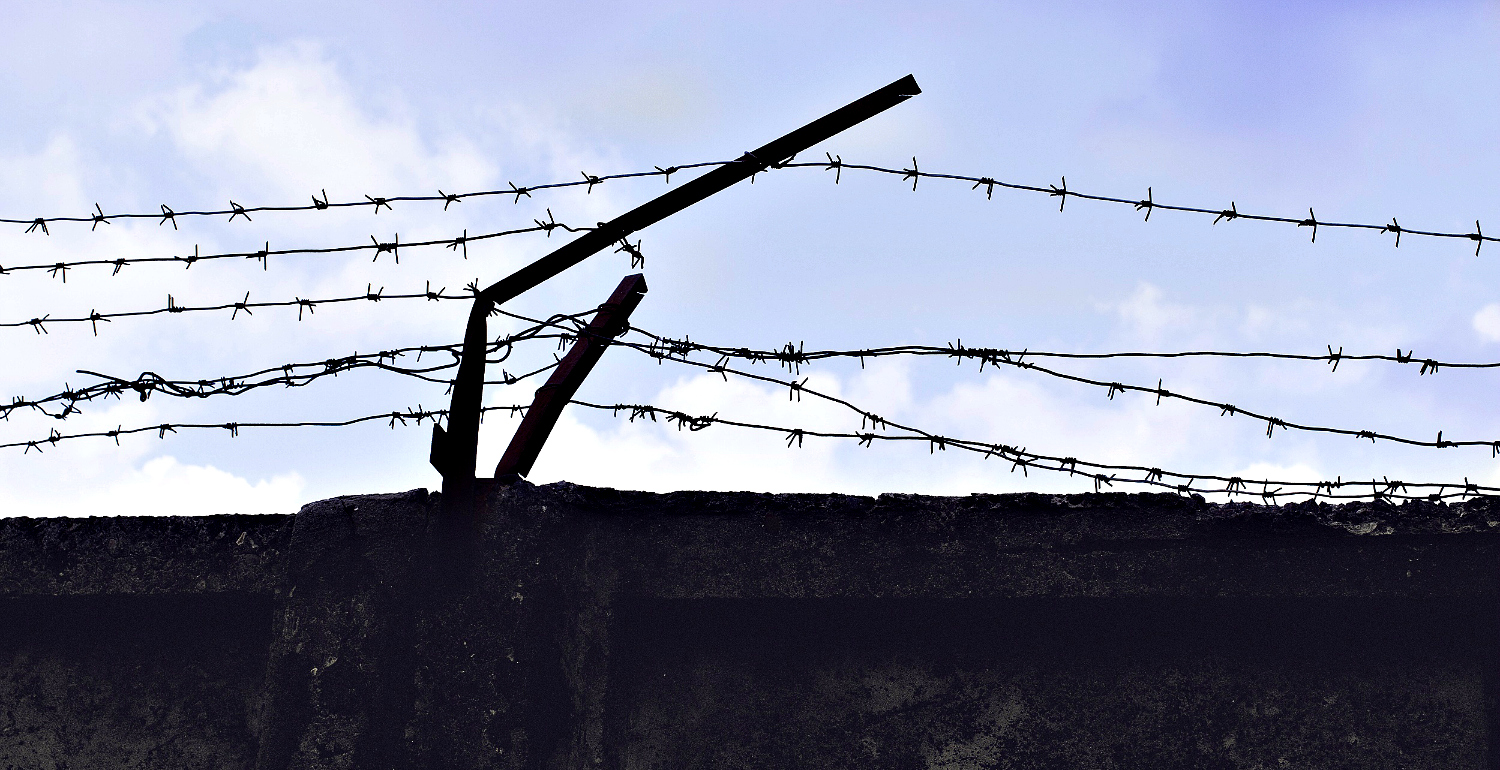This hearing focused on former residents of Kosovo who were forced to leave their homes because of the conflict. Slobodan Milosevic was identified as a key figure in the displacement and the commissioners and witnesses discussed the possibility of the end of his regime.
Members
Hon. Christopher Smith
Chairman
Commission on Security and Cooperation in Europe
Hon. Ben Nighthorse Campbell
Co-Chairman
Commission on Security and Cooperation in Europe
Hon. Steny Hoyer
Commissioner
Commission on Security and Cooperation in Europe
Witnesses
Bill Frelick
Director of Policy
U.S. Committee for Refugees
Susan Blaustein
Senior Consultant
International Crisis Group
Andrezji Mirga
Chairman
Ethnic Relations Romani Advisory Council
Ylber Bajraktari
Student
Kosovo
Bishop Artemje
Serbian Orthodox Bishop
Prizen and Ruska
Relevant Issues
Relevant Countries
Leadership
HEARING: RESCUING UKRAINIAN CHILDREN AND WOMEN FROM ...
Jul 19, 2023Wednesday, July 26, 2023 10:00 a.m. to 11:30 a.m. Rayburn House Building room 2200 Streaming here: https://www.youtube.com/watch?v=_n-NyI5xjt8 Russia’s war has exposed the critical need for U.S. and international action to […]

Protecting Ukrainian Refugees from Human Trafficking
Apr 07, 2023More than 4 million refugees have fled Ukraine since Russia’s massive invasion on February 24, in the largest migration of people in Europe since the Second World War. Given Ukraine’s […]

Behind Enemy Lines
Jul 20, 2022As Russia’s genocidal war against Ukraine continues, Ukrainians in occupied territories are demonstrating courageous resistance in the face of atrocities, deprivation, and forced displacement, the scope and scale of which […]
Helsinki Commission Hearing to Highlight Life in Ukr...
Jul 15, 2022WASHINGTON—The Commission on Security and Cooperation in Europe, also known as the Helsinki Commission, today announced the following hearing: BEHIND ENEMY LINES Life in Ukraine’s Newly Occupied Territories Wednesday, July […]
Supporting Ukrainian Refugees
May 25, 2022More than 6 million Ukrainians have had to flee their country due to Russia’s brutal war of aggression. Most have entered bordering EU states, with more than half of those […]
Support for Ukrainian Refugees to Be Discussed at He...
May 20, 2022WASHINGTON—The Commission on Security and Cooperation in Europe, also known as the Helsinki Commission, today announced the following hearing: SUPPORTING UKRAINIAN REFUGEES U.S. Policy and Visa Issuance Wednesday, May 25, […]
Diverse Voices Reporting From Ukraine
Apr 20, 2022Journalists in Ukraine risk their lives daily to report the reality of war. Credible, on-the-ground reporting has documented war crimes committed by Russian forces and the continued bombardment of Ukrainian […]
Journalists Reporting from Ukraine to Speak at Helsi...
Apr 13, 2022WASHINGTON—The Commission on Security and Cooperation in Europe, also known as the Helsinki Commission, today announced the following online staff briefing: DIVERSE VOICES REPORTING FROM UKRAINE Wednesday, April 20, 2022 […]

Protecting Ukrainian Refugees from Human Trafficking...
Apr 01, 2022WASHINGTON—The Commission on Security and Cooperation in Europe, also known as the Helsinki Commission, today announced the following hearing: PROTECTING UKRAINIAN REFUGEES FROM HUMAN TRAFFICKING Thursday, April 7, 2022 10:30 […]
Helsinki Commission Recognizes Key Contributions fro...
Mar 08, 2022WASHINGTON—In light of Russia’s continued criminal war on the peaceful citizens of Ukraine, Helsinki Commission Chairman Sen. Ben Cardin (MD), Co-Chairman Rep. Steve Cohen (TN-09), Ranking Member Sen. Roger Wicker […]


